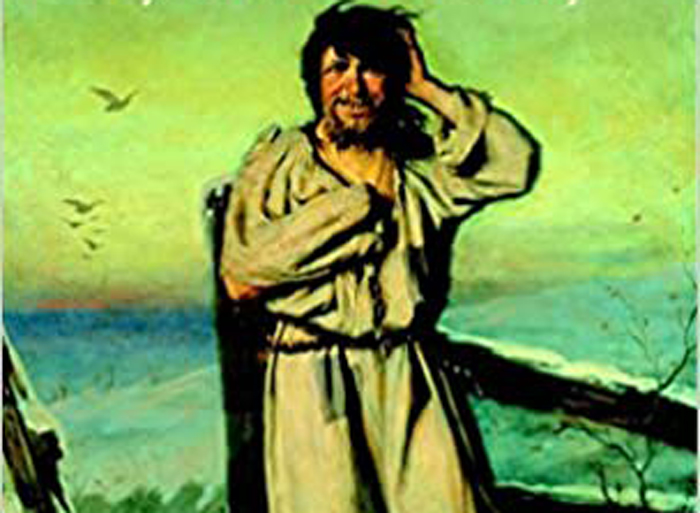
Since I retired over a year ago, I’ve had to figure out what to do with all the time I now have. At the same time that I began my retirement the pandemic hit us all, and added isolation to our lives. For me that made deciding what to do even more challenging than having an abundance of time. Of course, I had made my list of things I wanted to do before I vacated my law office. But adding all the things I could to my daily agenda, such as volunteering and teaching, I still had plenty of time left over. That allowed me to indulge in my passion for reading. I had my reading list.
For years, among other authors, I had wanted to read Dostoyevsky’s novels. But I knew this would be a labor of love with the intensity I couldn’t indulge in as a busy lawyer. At long last, in retirement I set upon this quest to immerse myself in 19th-century Russian life from the perspective of a Russian author who was a struggling genius with an unsurpassed eye to things around him. I had always revered Dostoyevsky along with other great Russian novelists and musical composers. So I took the deep dive and read Crime and Punishment, The Brothers Karamatzov, and The Idiot. Since I’ve just emerged from this frothy bath in Russia à la Dostoyevsky, I would like to share my thoughts on The Idiot. It’s the novel that spoke most personally to me due to my own spiritual experiences.
Dostoyevsky’s characters in The Idiot display a panorama of psychological maladjustments that keep the reader amused, entertained, intrigued, and revolted. The aristocratic and the displaced alike seem unhinged from a life of order and harmony, whether societal or psychological. This arguably exaggerated portrayal isn’t far, to be honest with ourselves, from the state of the world today. I want to deny this myself with the thought that, as Anne Frank expressed it, people, in spite of it all, are basically good. Well, let’s say we have good intentions, but so much for our intentions. Enter The Idiot. Against its panoply of disordered characters, The Idiot offers “the prince,” Myshkin, who displays qualities of a Jesus-like figure, including a clear sense of human nature, forgiveness, empathy, and intuition about a better humanity. He sees pathology but lacks other usual human features such as rejection, fault-finding, and condemnation. But he’s also prone to (stress-related?) seizures.
He begins by being either venerated or repulsed by others for his virtues, and ends up being pitied for his ultimate mental breakdown. In this book, more than in Crime and Punishment and The Brothers Karamatzov, Dostoyevsky demonstrates the contradiction between the divine and the human by displaying in one character the only possible result of their unity, a failure of integration. Was Dostoyevsky’s point that a real Jesus-like person has never lived, and can’t, in a human who isn’t also God? Is it true that human life is too toxic for God to be a part of it? Whom do we fail to understand, ourselves or God? What does it mean to be made in God’s image? Dostoyevsky gives us his best punch in this book. Must we always fail? Are we all really idiots? These are, of course, rhetorical questions. Dostoyevsky doesn’t explicitly raise them. Even a genius would struggle to do so. But I hear echoes of these very questions throughout the Bible.
– John Hayes
“My intention is to portray a truly beautiful soul.” – Dostoyevsky
